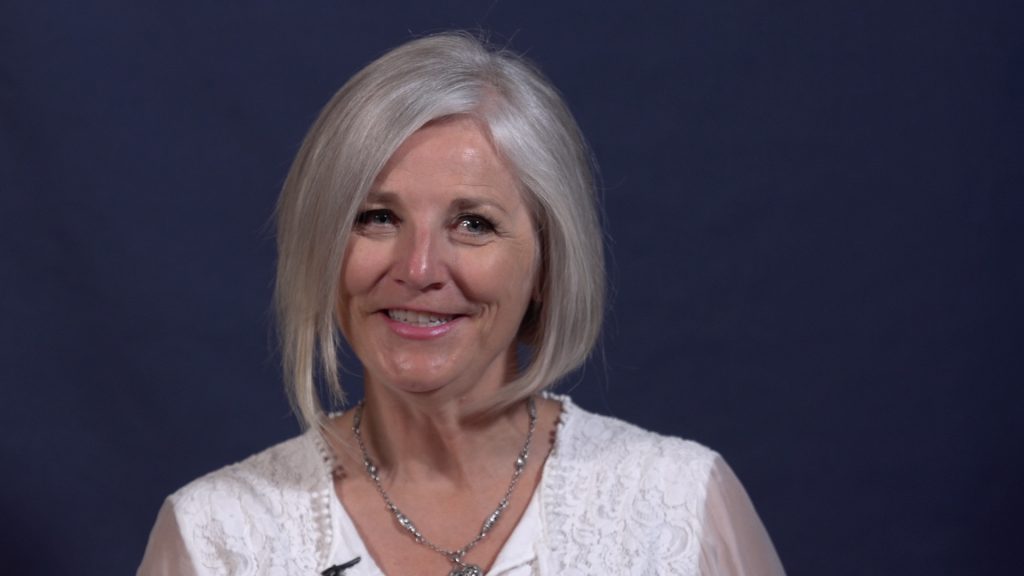Year: 2021
Location: Calgary (interviewed in Edmonton)
Profile: Barbara Campbell is a veteran oncology nurse and union activist in two provinces. When she was interviewed, she was a UNA district representative for Local 415, the South Health Campus in the south central district. Born and raised in Winnipeg, Campbell, as a young nurse and mom of two babies, was one of the strikers during the Manitoba nurses strike of 1991, the longest nursing strike in Canadian history. Her family moved to Calgary in 1992 and she found only casual work for several years before returning to full-time work with the Alberta Cancer Board. Campbell describes in detail the day-to-day impacts for nurses and patients of cutbacks that she has experienced. Reduced patient stays, reduced numbers of bandages and linens per patient, privatization of food service leading to serving patients tasteless, non-nutritious food, and even denial of ice with their water are among hardships imposed on the nurse-patient relationship. Resentments within the nursing force from the bumping of the Klein period still remain, explains Campbell. She talks as well about the health and safety issues that she and other nurses faced in the early days of working with HIV/AIDS patients and more recently with COVID patients.
Keywords: Bumping in nursing; Casual nursing work; Cutbacks in service to hospitals patients; District representatives, UNA; Manitoba nursing strike, 1991; Oncology nursing; Privatization of health services; Professional Responsibility Committees.
Transcript: Download PDF
See also: Occupational Health and Safety in Alberta; United Nurses of Alberta; Women and Work in Alberta

